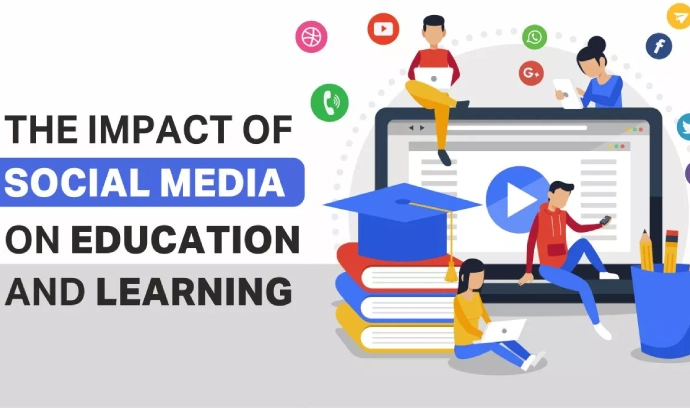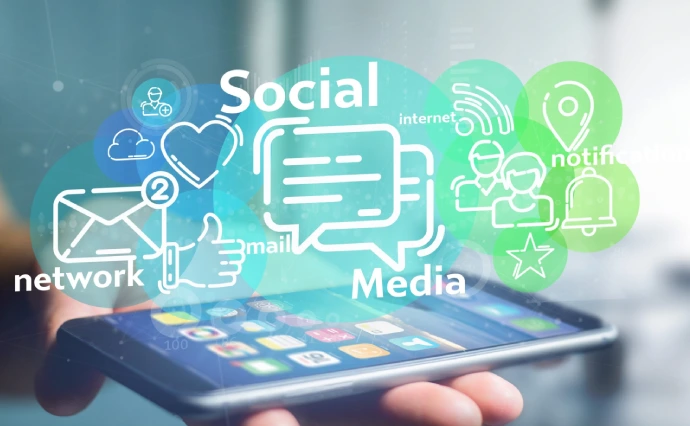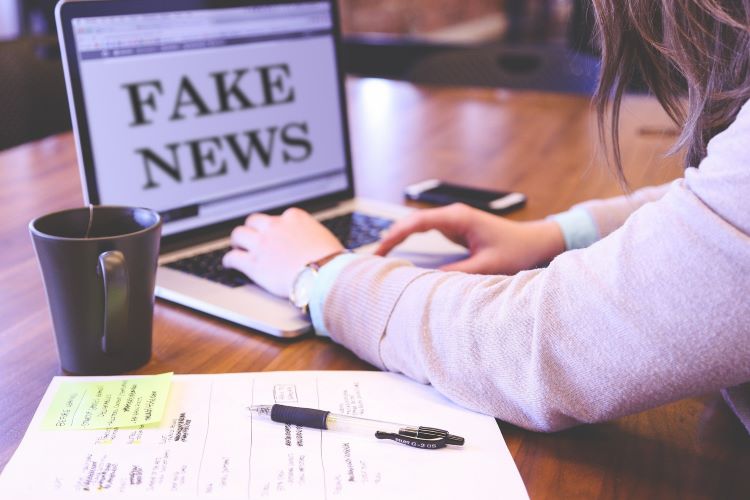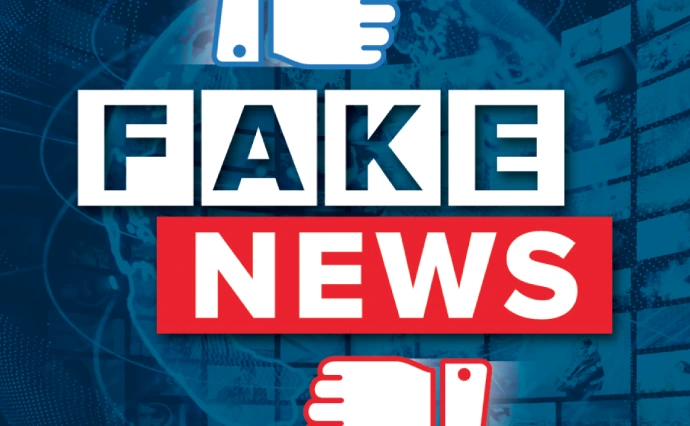The Impact of Social Media
Introduction
Social media has become an essential part of our daily lives. From staying in touch with friends to sharing personal moments, social media platforms like Facebook, Instagram, and Twitter have changed how we interact with the world. In this article, we will explore the impact of social media on various aspects of our lives, including communication, self, esteem, and mental health. Understanding these effects is crucial as we continue to navigate the digital age.
How Social Media Affects Communication
Social media has revolutionized communication, making it easier than ever to stay connected with others. Consequently, it has transformed how we interact and maintain relationships across distances. Moreover, this advancement facilitates more frequent and immediate exchanges, enhancing our ability to stay in touch.. Here’s how:
Instant Connectivity
One of the most significant impacts of social media is its ability to connect people instantly. Platforms like WhatsApp and Messenger allow us to send messages in real-time, no matter where we are in the world.This instant connectivity, in turn, helps us maintain relationships—both personal and professional—more effectively than ever before. Consequently, it has become an essential tool for staying connected in today’s fast-paced world.
Global Reach
Social media breaks down geographical barriers. Through platforms like Twitter and LinkedIn, we can interact with people from different countries and cultures. This global reach, in addition, not only expands our social circles but also significantly enriches our understanding of the world. Consequently, it allows us to connect with diverse perspectives and cultures that we might not otherwise encounter.
The Influence of Social Media on Self-Esteem
While social media can enhance communication, it also has effects on self-esteem. Here’s how:
Comparison and Self-Perception
Social media often showcases the best aspects of people’s lives, leading to unrealistic comparisons. Seeing friends or celebrities flaunting their achievements and perfect lives can make us feel inadequate. This constant comparison can negatively impact our self-esteem and lead to feelings of envy or inadequacy.
Validation and Likes
The pursuit of likes and positive comments can become a significant part of our social media experience. This need for validation can affect our self-worth, making us dependent on external approval for our happiness.
Social Media and Mental Health
The impact of social media on mental health is a topic of growing concern. Let’s examine some key areas:
Anxiety and Depression
Research has shown that excessive use of social media can contribute to anxiety and depression. Constant exposure to negative news and harmful comparisons can lead to increased stress and feelings of hopelessness. It’s essential to be mindful of our social media habits and their effects on our mental well-being.
Cyberbullying
Cyberbullying is a severe issue linked to social media. The anonymity provided by the internet can, unfortunately, lead to harmful behaviors, such as bullying and harassment. Consequently, this can have devastating effects on the mental health of individuals. In particular, young people, who are more vulnerable, are especially at risk. Therefore, it is crucial to promote online safety and encourage responsible behavior to mitigate these negative impacts.

Managing Social Media Use
To mitigate the negative impacts of social media, it’s important to manage how we use it. Here are some strategies:
Setting Time Limits
One effective way to reduce social media’s negative effects is to set time limits for use. By allocating specific times for social media and taking breaks, we can prevent overuse and its associated problems.
Curating Content
Another strategy is to curate the content we see. Following positive accounts and muting or unfollowing negative ones can help improve our online experience. This way, we can focus on content that enhances our mood and well, being.
The Impact of Social Media
Social media has changed our world in many ways. It affects how we communicate, how we feel about ourselves, and even our mental health. In this article, we will explore these impacts in detail.
How Social Media Affects Communication
Social media has made communication faster and easier. Here’s how it changes the way we connect with others.
Instant Connectivity: One of the biggest impacts of social media is instant connectivity. Platforms like WhatsApp and Messenger let us send messages instantly. This means you can talk to friends or family anywhere in the world without delay. It makes keeping in touch much simpler than ever before.
Moreover, social media allows us to share moments quickly. You can post photos or updates about your life right away. This immediacy helps us stay connected, no matter where we are.
Global Reach :Social media also breaks down geographical barriers. Through platforms like Twitter and LinkedIn, you can connect with people from different countries. This global reach helps expand your social network and learn about different cultures.
In addition, social media enables us to follow news and trends from around the world. This broadens our understanding and keeps us informed about global events.
The Influence impact of Social Media on Self-Esteem
Social media can influence how we see ourselves. Let’s look at the effects on self, esteem.
Comparison and Self-Perception
Social media often shows the best parts of people’s lives. Friends and celebrities post only their highlights. This can lead to unrealistic comparisons. Seeing others’ perfect photos or achievements might make you feel less confident about yourself.
In addition, these comparisons can affect your self-worth. You might think you need to look or act a certain way to be accepted. This can lead to negative feelings about yourself and your own life.
Validation and Likes :Another way social media impacts self-esteem is through validation. Many people focus on getting likes and positive comments. The number of likes can sometimes feel like a measure of your worth.
When you don’t get as many likes as you hoped, it might affect your mood. You might feel disappointed or unappreciated. It’s important to remember that likes do not define your value.
Social Media and Mental Health
The impact of social media on mental health is a growing concern. Here are some of the effects.
Anxiety and Depression
Excessive use of social media can lead to anxiety and depression. Constant exposure to negative news or upsetting posts can increase stress. Comparing yourself to others can also contribute to these feelings.
In addition, spending too much time on social media can lead to decreased happiness. It’s crucial to be aware of how much time you spend online and how it affects your mood.
Cyberbullying
Cyberbullying is another serious issue linked to social media. The anonymity of the internet can lead to harmful behavior. People may post hurtful comments or messages, which can be very damaging.
Victims of cyberbullying often feel isolated and distressed. It’s important to use social media responsibly and report any bullying you encounter.
Managing impact of Social Media Use
To avoid the negative impacts of social media, managing your use is important. Here are some helpful strategies.
Setting Time Limits
One way to manage social media use is to set time limits. Decide how much time you want to spend online each day and stick to it. This can help you avoid overuse and reduce its negative effects.
By setting limits, you can also make more time for other activities. This helps you balance your life and reduces the risk of social media impacting your mental health.
Curating Content impacts of social media
Another effective strategy is curating the content you see. For instance, by following accounts that make you feel good and, conversely, unfollowing those that don’t, you can create a more positive online environment. Consequently, this approach helps enhance your overall social media experience.. By doing this, your social media experience can become more positive.
Moreover, you can use features that allow you to filter or mute content. As a result, this helps ensure you see only what is beneficial and enjoyable for you. Consequently, these actions can lead to a more positive and personalized social media experience.
In summary, social media has a significant impact on our lives. It changes how we communicate, affects our self-esteem, and influences our mental health. Therefore, by understanding the impact of social media, we can use it in a way that benefits us and keeps us connected in a positive manner.
FAQ
1. How does social media impact communication?
Social media improves communication by allowing instant connectivity and global reach, making it easier to stay in touch with friends and family.
2. Can social media affect self-esteem?
Yes, social media can impact self-esteem by encouraging unrealistic comparisons and fostering a need for validation through likes and comments.
3. What are the mental health effects of social media?
Social media can contribute to anxiety and depression. Moreover, it can also be a platform for cyberbullying, which, in turn, negatively affects mental health. Therefore, it’s important to be mindful of the potential risks associated with social media use and take steps to protect our well-being.
4. How can I manage my impact social media use?
Managing social media use can be done by setting time limits and curating content to ensure a positive online experience.
5. What are some signs of impact social media addiction?
Signs of social media addiction often include spending excessive time online. Additionally, neglecting real-life responsibilities is another common indicator. Furthermore, feeling anxious or upset when unable to access social media is also a key sign. Therefore, recognizing these patterns is crucial to understanding the impact of social media and can help individuals manage their social media use more effectively.
6. How does social media affect relationships?
Social media can both strengthen and, at the same time, strain relationships. On one hand, it helps maintain connections; on the other hand, it can also lead to misunderstandings and conflicts if not used mindfully. Therefore, being aware of how we engage with social media is crucial to ensuring it has a positive impact on our relationships.
7. What are some strategies to prevent cyberbullying?
To prevent cyberbullying, use privacy settings, report harmful behavior, and communicate openly with trusted individuals if you experience or witness bullying online.
conclusion
Social media plays a profound role in shaping our daily lives. By understanding the impact of social media on communication, self-esteem, and mental health, we can make informed choices about our online interactions. Curating your social media experience, for example, by following positive accounts and, additionally, using filtering features, can significantly enhance your overall well-being. As a result, this ensures a more enjoyable and meaningful online presence. Ultimately, by being mindful of how we engage with social media, we can effectively harness its benefits while, at the same time, minimizing any negative impacts. Consequently, this approach leads to a more balanced and positive digital experience.
The impact of social media significantly influences our lives by altering how we communicate, affecting our self-esteem, and influencing our mental health. As a result, by curating your feed, such as following accounts that uplift you and, in addition, using features to filter or mute unwanted content—you can create a more positive and fulfilling social media experience. Moreover, being aware of the impact of social media helps us navigate it in a way that supports our well-being and, consequently, strengthens our connections in a constructive manner. Ultimately, a thoughtful approach to social media can enhance our lives, fostering a more balanced and enriching online presence.
.


